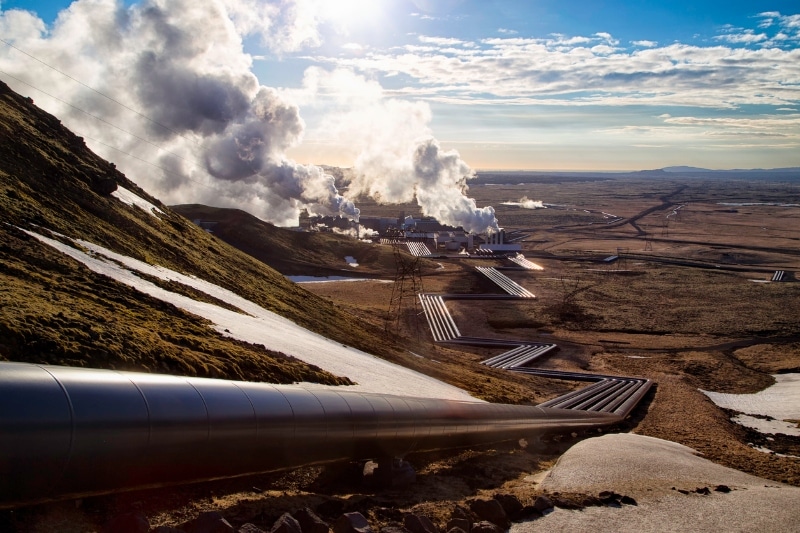During a recent leadership retreat, Indonesia’s Coordinating Minister for Maritime Affairs and Investment and Singapore’s Senior Minister and Coordinating Minister for National Security signed a memorandum of understanding (MoU) on renewable energy cooperation. The MoU aims to expand renewable energy development in Indonesia and encourage cross-border power commerce between the two countries.
Under the agreement, both nations will cooperate in developing renewable energy manufacturing and capacity, such as solar photovoltaic (PV) and battery storage systems, to meet Indonesia’s domestic electricity demand and store excess power for later use or export. The MoU will also facilitate commercial agreements and the building of transmission infrastructure for cross-border power trading, allowing Singapore to import up to 4GW of low-carbon electricity by 2035.
In addition to the government-to-government MoU, another MoU was signed by LONGi and the “INSPIRA” (Indonesian Solar Panel Industry and Renewable Alliance) consortium, a private-sector initiative that supports both countries’ renewable energy goals. The agreement will pave the way for a ‘green corridor’ and cross-border clean electricity supply from Indonesia, enabling developers to share localization, technology transfer, and collaboration with Indonesian stakeholders.
As the first PV firm in Indonesia to acquire SNI certification in 2021, LONGi has demonstrated its long-standing commitment to both countries and its mission of harnessing solar energy to build a greener future. The company aims to support low-carbon development and provide high-efficiency, high-reliability PV technologies and solutions for the global energy transition.
These MoUs demonstrate Indonesia and Singapore’s shared commitment to transitioning to a low-carbon future and accelerating the growth of the renewable energy sector in the region. By partnering with private companies like LONGi and INSPIRA, these countries aim to leverage the expertise and resources of all stakeholders to achieve their clean energy goals.
(Source: PV Tech)

